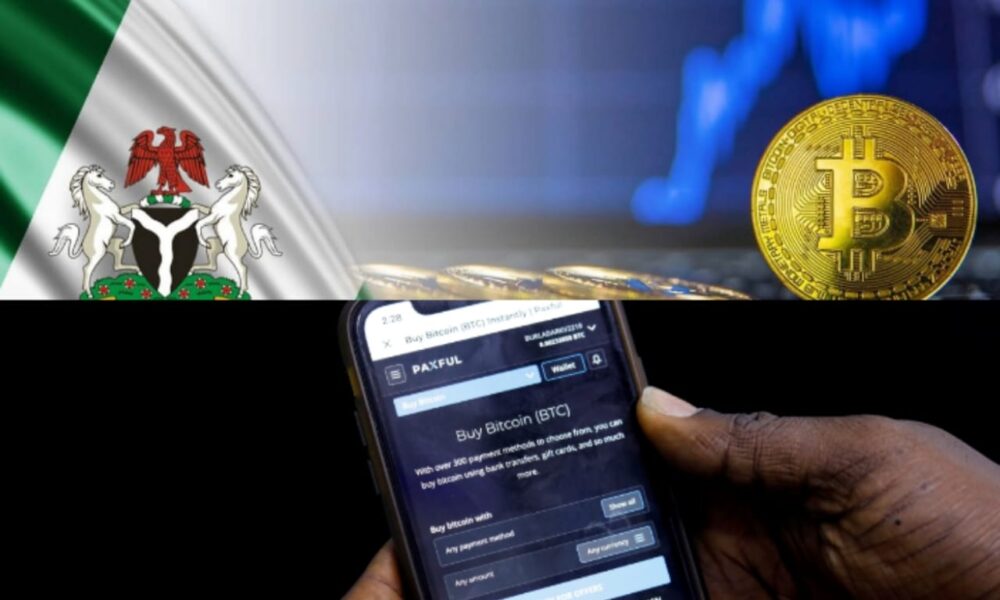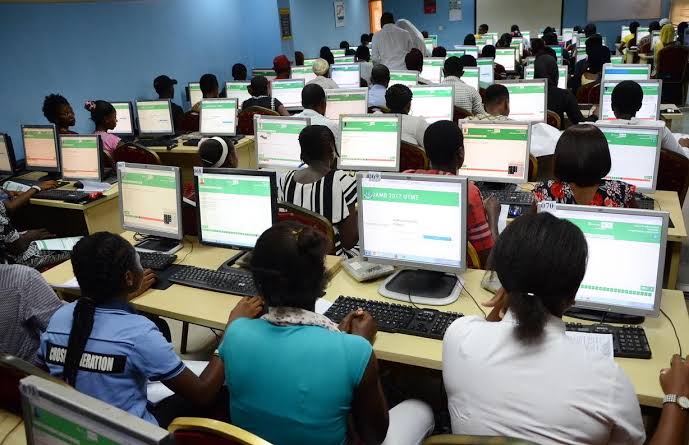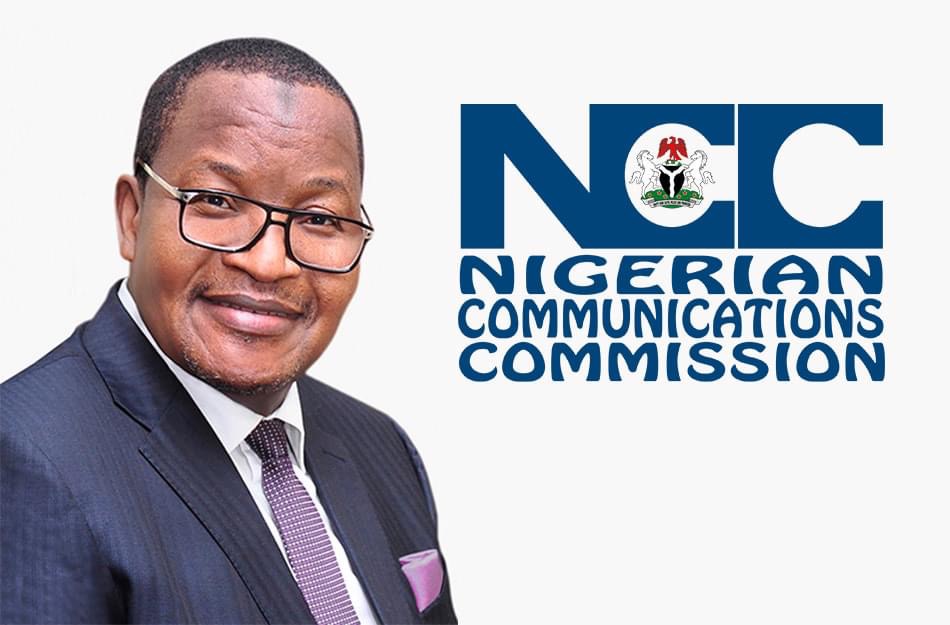
The Federal Government may consider the suspension of the $56.7bn peer-to-peer cryptocurrency market after a crucial meeting between the Securities and Exchange Commission, and digital asset operators scheduled for Monday.
Nigeria’s volume of crypto transactions grew by nine per cent year-over-year to $56.7bn between July 2022 and June 2023, according to the 2023 Geography of Cryptocurrency Report by Chainalysis, a United States of America-based international blockchain analysis firm.
The latest move by the SEC signals a broader effort by the Federal Government to tighten regulatory oversight within the cryptocurrency space amidst growing concerns over illicit activities and the manipulation of the naira exchange rate.
Earlier this week, the Central Bank of Nigeria had stopped major fintech firms from onboarding new customers in an ongoing audit of their Know-Your-Customer process. Following the regulatory action, major fintech firms, including Opay and PalmPay, sent emails to their customers on Friday, warning them against trading in cryptocurrency or any virtual currency on their apps, and threatened to block any accounts found engaging in such activities.
The threat to block accounts has faced heavy criticism, particularly from the 33.4 million individuals actively trading cryptocurrencies; many of whom rely on cryptocurrency trading as their primary source of income.
However, it was learnt that during the proposed Monday meeting, the government may choose to announce a temporary halt in the P2P crypto trading to enable it come up with a comprehensive set of rules for effective regulation of the space.
Other sources privy to the meeting said the government might choose to engage the crypto stakeholders on a new set of rules that could be deployed to better regulate the space.
They ruled out the possibility of imposing a temporary halt on P2P crypto trading. As of Sunday, details of the exact decision the government might take during or after the meeting with the crypto operators remained sketchy.
However, operators in the crypto market confirmed the meeting, saying the meeting would bother on the current development in the space. The Blockchain Industry Coordinating Committee of Nigeria, in a notice posted on its X handle on Saturday, noted that the meeting had been at the instance of the new Director General of the SEC, Dr Emotimi Agama.
BICCoN said, “The newly appointed Director General of the Nigeria Securities and Exchange Commission has proposed an industry-wide meeting with the Nigeria blockchain community. The meeting will be facilitated by the Blockchain Industry Coordinating Committee of Nigeria.”
Officially, the SEC has yet to confirm the Monday meeting, but sources close to the commission confirmed the meeting on Saturday. They, however, said that ‘nothing was cast in stone yet’.
In 2021, the CBN had restricted banks and other financial institutions from operating accounts for cryptocurrency service providers. However, in December 2023, the financial regulator lifted the ban and announced a reversal of the policy.
Fresh concerns emerged in February over the activities of the largest cryptocurrency exchange in the world, Binance, on its peer-to-peer platform, such as implementing a price cap on USDT trading.
Authorities said those activities contributed to the devaluation of the naira and destabilised Nigeria’s economy.
Worried over the significant volume of transactions through Binance Nigeria, the CBN Governor, Yemi Cardoso, stated that $26bn had passed through the platform over the past year from ‘unidentified sources’.
Amid the crackdown, the crypto exchange ceased all naira services, including deposits, withdrawals, and trading pairs, starting in early March 2024.
In an interview, the Chairman of BICCoN, Lucky Uwakwe, said that the group would be seeking to reach a middle ground with the regulator, which had so far this year introduced stiffer guidelines for digital asset operators, as well as a proposed increase in the registration fees.
Uwakwe said the meeting “is for us to try and bring the industry to be compliant and remove bad actors who abuse technology, especially the concern raised by the government on those that use the technology for market manipulation of naira.
“We also hope that innovation in the industry is encouraged to enable the industry to gain more foreign inflow that will aid the current administration’s drive for foreign investment into the nation as seen in other countries such as China and the UAE, and not to stifle the industry.”
On his part, the President of Stakeholders in Blockchain Technology Association of Nigeria, Obinna Iwuno, told one of our correspondents that there was no official communication on the ban of cryptocurrency transactions from regulators. He said, “There is a whole lot going on. It is not just clear the direction as we speak, but hopefully, on Monday, we will get to have a position, “What we have done to solidify our position with the Nigerian government is that local exchanges stopped their naira services. The government raised an alarm that cryptocurrency was responsible for naira depreciation; operators stopped,” Iwuno explained.
The ‘Know Your Customer’ compliance level of fintechs has also been a source of worry for regulators. This involves verifying a customer’s identity and understanding their financial activity to prevent financial crimes, such as money laundering, terrorist financing, and fraud. According to the Nigeria Inter-Bank Settlement System’s fraud watch report, fraud losses increased by 496.96 per cent over the past five years, and financial institution customers had lost N59.33bn between 2019 and 2023.
The report read in part, “The amount lost to fraud has increased over the past five years, along with the growth of financial transactions in the digital payments sector.”
A source from one of the major fintechs in the country, who preferred anonymity, disclosed to Sunday PUNCH that the CBN was not declaring cryptocurrency illegal, but was rather focusing on addressing regulatory and identity management issues.
“Some of the expectations from the meeting would be to have a more robust and safer ecosystem that will prevent fraud, and protect the funds of customers.
“The CBN is not saying that cryptocurrency is illegal, but there have been issues surrounding regulations and identity management. Those are the grey areas that the CBN is trying to address. They don’t want a situation where people are getting into Nigerian systems to defraud others, or engage in any negative activity that could harm innocent Nigerians.
“It is more or less about finding a way to make this thing work better. Sometimes, people can simply create a virtual account, and one won’t even know who is behind the account. So, it’s really about ensuring end-to-end verification, from the first line of payment to the very end, with the account holders’ identities attached to it. I think it is necessary at this time,” the source explained.
Nigeria’s volume of crypto transactions grew by nine per cent year-over-year to $56.7bn between July 2022 and June 2023, according to the 2023 Geography of Cryptocurrency Report by Chainalysis.






